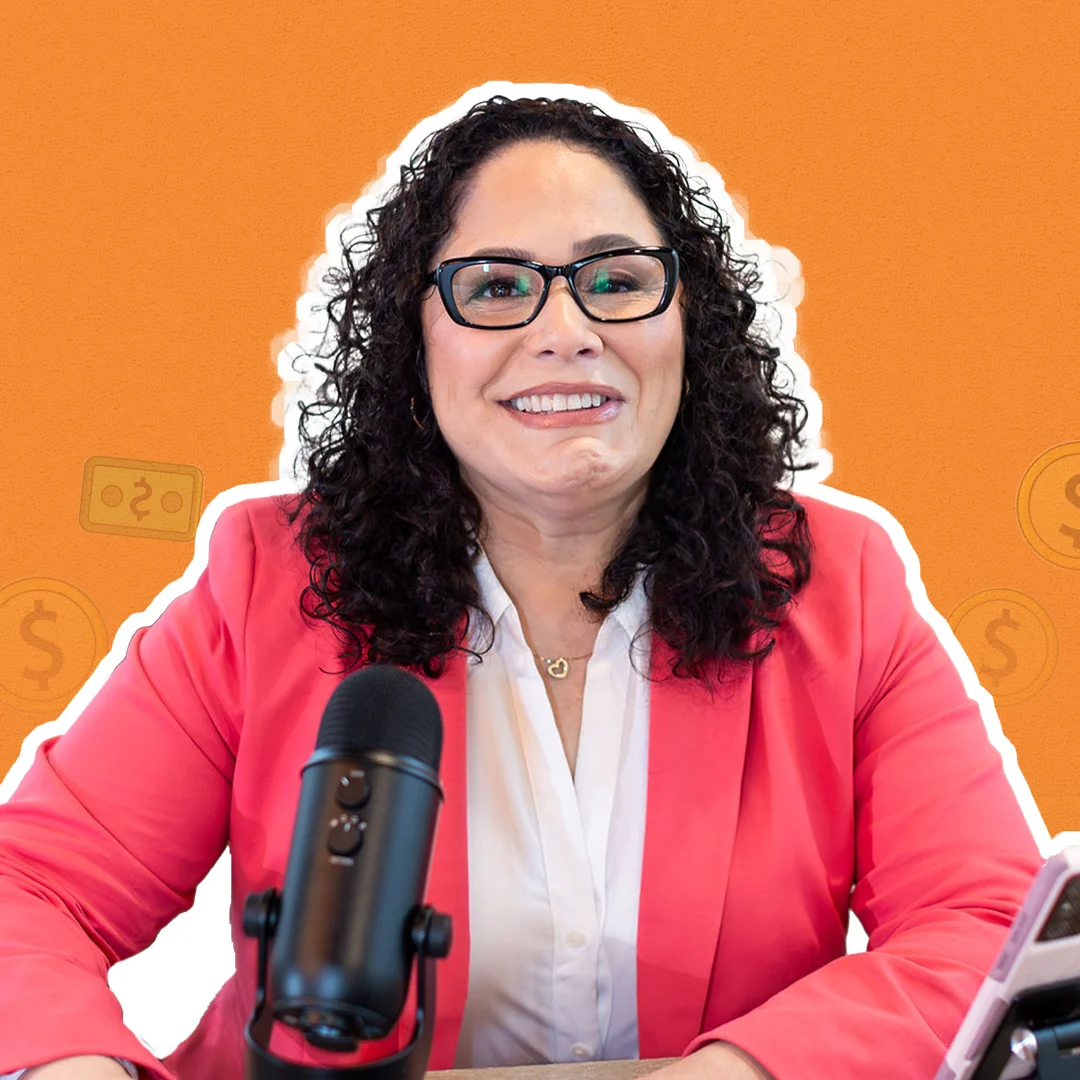Tax-Saving Strategies
Small businesses often operate on tight profit margins, making it essential to save on taxes wherever possible. Fortunately, there are several tax-saving strategies that small business owners can employ to reduce their tax burden. In this post, we’ll explore some of the most effective tax-saving strategies for small businesses.
Take Advantage of Deductions
One of the most effective ways to reduce your tax bill is to take advantage of deductions. Deductions are expenses that you can subtract from your taxable income, reducing the amount of tax you owe. Examples of deductions include expenses related to business travel, equipment purchases, office rent, and employee salaries.
Maximize Your Retirement Contributions
Contributing to a retirement plan is not only good for your future, but it can also save you money on taxes. By contributing to a tax-advantaged retirement plan, such as a 401(k) or SEP IRA, you can reduce your taxable income and lower your tax bill. Plus, the money you contribute grows tax-free until you withdraw it in retirement.
Choose the Right Business Structure
The structure of your business can have a significant impact on your tax bill. For example, if you operate as a sole proprietorship, you’ll pay self-employment taxes on your profits. But if you form an LLC or corporation, you may be able to take advantage of lower tax rates and other tax benefits. Consulting with a tax professional can help you determine the best structure for your business.
Time Your Income and Expenses
Timing your income and expenses can also help you save on taxes. For example, if you expect to be in a higher tax bracket next year, you may want to defer income until then. Conversely, if you expect to be in a lower tax bracket next year, you may want to accelerate income into this year. Similarly, you can time your expenses to maximize deductions in the year that will provide the greatest tax benefit.
Keep Accurate Records
Finally, keeping accurate records is essential to maximizing tax savings for your small business. You need to be able to document all of your expenses and deductions, as well as your income. This includes keeping receipts, invoices, bank statements, and any other financial records that relate to your business. By doing so, you can ensure that you’re taking advantage of every possible tax deduction and minimizing your tax bill.
In conclusion, there are several tax-saving strategies that small business owners can use to reduce their tax bill. By taking advantage of deductions, maximizing retirement contributions, choosing the right business structure, timing income and expenses, and keeping accurate records, you can keep more of your hard-earned money in your pocket. Consult with a tax professional to help you navigate the complex world of small business taxes and maximize your tax savings.
Related Posts
Was this helpful?



